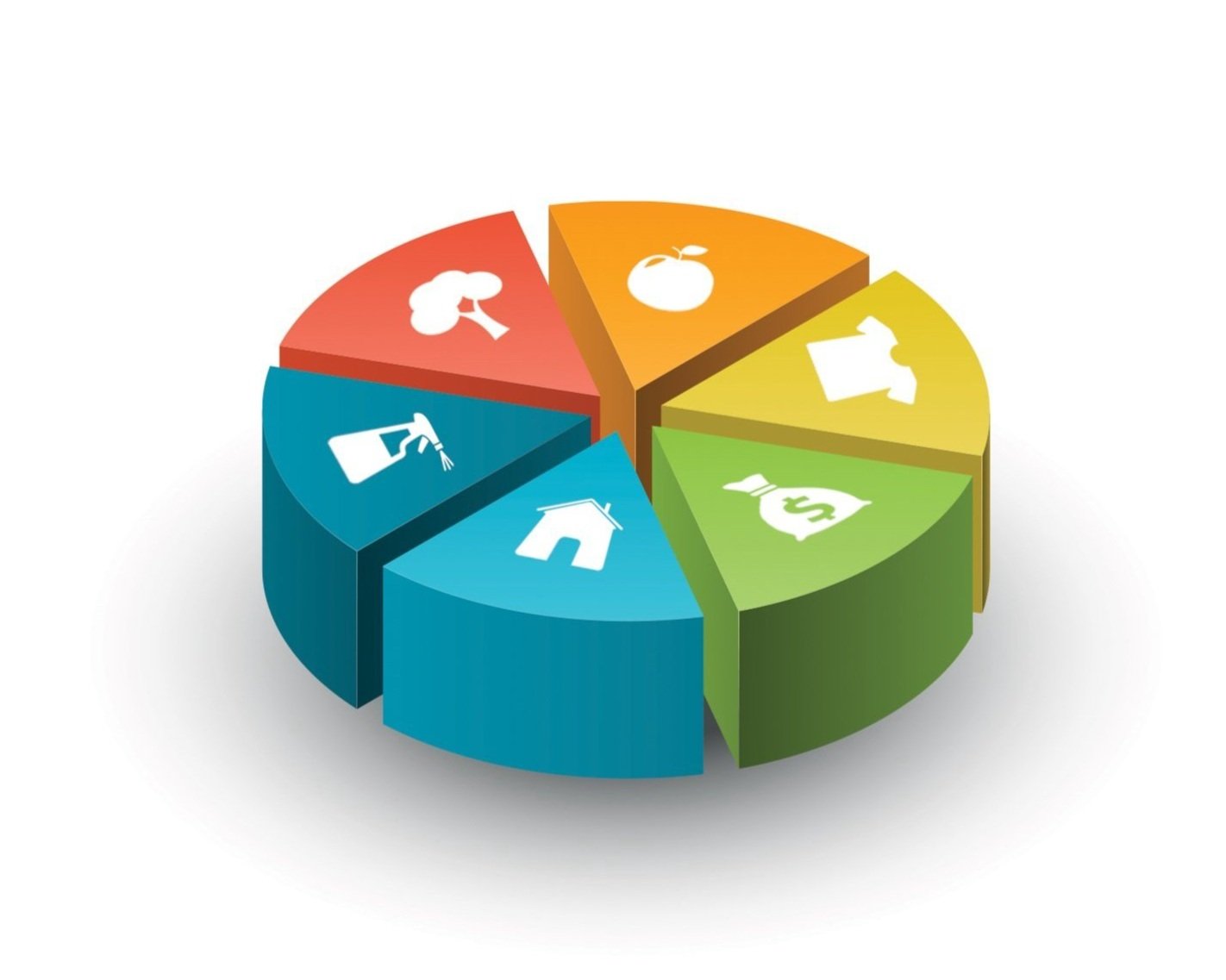Untapped Talent: Find Qualified Employees in Unexpected Places
In today’s episode we talk about untapped and overlooked talent. And I know about being overlooked - I am a member of Gen X. We are in many ways the overlooked generation, but one thing we are known for is being “spiritual, not religious.” I consider myself to be spiritual, but not religious, meaning I don’t ascribe to any particular organized religion, but I do believe in a higher power.
I tend to look at different religious practices with curiosity and respect, and one of those traditions is the Jewish practice of Tzedakah. Tzedakeh is most often thought of by non-Jews like myself as equivalent to “charity,” but I’ve learned that a better translation is actually “justice.” It’s about our obligation to give of ourselves to others in recognition of our interdependence and community.
And it matters how you fulfill that obligation - you are supposed to do it with cheerfulness, and empathy for the situation of the recipient. And so there are 8 levels of Tzedakah that are spelled out by Jewish scholars in order to demonstrate the highest and best form of giving. As you can imagine, the lowest level of Tzedakah is when you give grudgingly. The next level is to give less than you should, but cheerfully. Then subsequent levels cover the variations on giving anonymously, which preserves the dignity of the recipient.
But the highest level of Tzedakah, the greatest form of justice, is to give someone the gift of self-sufficiency and dignity. To give them a job.
And I find that concept absolutely beautiful. To think of a job as an opportunity for someone to achieve self-sufficiency, for them to preserve or re-establish their dignity and their rightful place in community, in relationship with each other.
And Tzedakah also acknowledges that these situations are a two-way street - that we the givers benefit as much as the recipients. That our humanity is strengthened as well as the other persons.
So what does this have to do with anything?
When you are a business owner or manager - you have this incredible asset that you might not be thinking about as an asset at all - JOBS. You create JOBS, and the ability to decide who will fill those jobs, what their working life will be like, and how they will be supported as part of your community. I’ve had about a hundred different people that I’ve personally hired and managed in different businesses, whether I was a department manager or the founder & CEO.
From where I sit over here, being all spiritual but not religious, that’s a wonderful privilege and opportunity. And like so many other aspects of being a socially responsible business, it turns out that what is good for other people is also good for business.
In an environment where the national unemployment rate is just 3.7%, you may be saying that good help is hard to find. Today I would ask you to consider: Maybe you aren’t looking in the right places. We are going to talk about finding qualified talent in unexpected places and give you some insights and tools to build your workforce while building your community.
Listen to the full episode on VoiceAmerica.com or Spotify or wherever you get your podcasts.
Maria Kim is a brilliant leader, a brilliant writer and one of the most effective managers I have ever seen at holding people accountable with love. She was instrumental in making Cara Collective in Chicago a national model for employment social enterprises, and a few years ago moved into the role as President & CEO of REDF, which is the grandaddy field builder and funder in the space.
Lauren McCann is a brave and insightful funder turned founder, who built a model at Stand Together Foundation to support and scale employment social enterprises, and then became an entrepreneur to fill a gap by creating a marketplace to connect them with businesses who need their products, Procure Impact.


